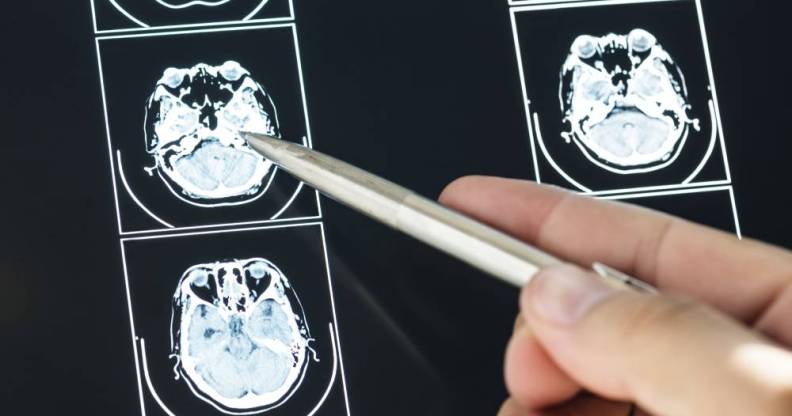Controversial trans study that ‘purposefully induced dysphoria’ suspended over ‘grave’ ethical concerns

(Envato Elements)
(Envato Elements)
Medical research on trans, non-binary and gender non-conforming people’s neurology at The University of California, Los Angeles (UCLA) has been voluntarily suspended due to ethical concerns that participants could face harm from the study’s design.
UCLA and Dr Jamie Feusner, a professor of psychiatry and biobehavioural sciences at the university, are voluntarily pausing a study that was supposed to focus on the effects of gender dysphoria on a trans person’s brain.
According to an article in Radiology Business, the research explored the neurological and genetic factors that contribute to the development of one’s transgender identity.
The research would involve having self-identified trans and cisgender individuals between the ages of 18 and 40 undergo MRI scans and have their pictures taken. It was backed by the National Institute of Health.
However, it has now been temporarily suspended amid grave concerns from the LGBT+ community that the study knowingly triggered gender dysphoria and caused mental distress in participants.
In a letter dated 27 January, the California LGBTQ Health and Human Services Network wrote that the UCLA researchers “claim their study could help transgender people”, but the research design purposefully causes mental health distress to trigger dysphoria. The group said this included having participants wear “tight leotards and taking photographs of their body”.
The organisation added: “We object to the view that transgender people have an aberrant body image condition or that brain imaging of traumatic response could ultimately ‘help’ trans people.
“It is suggestive of a search for medical ‘cure’, which can open the door for more gatekeeping and restrictive policies and practices in relation to access to gender-affirming care.
“At a time in which trans lives are under attack, we find this kind of research to be misguided and dangerous.”
Dr Feusner said he plans to gather further input from the LGBT+ community to “understand their concerns more deeply and have a dialogue about the study’s objectives”.
Phil Hampton, a spokesman for UCLA Health and the David Geffen School of Medicine, said the research’s leader will consider whether to revise the study’s design in the wake of the blowback from LGBT+ organisations.
He told Radiology Business: “The ultimate hope of this study is that it will lead to improved quality of life for those who identify as transgender, non-binary and gender non-conforming and a better understanding of the effects of hormones on the brain.
“UCLA believes partnership with our diverse communities is essential to performing research that is culturally aware, socially responsible, improves quality of life and advances our public service mission.”

